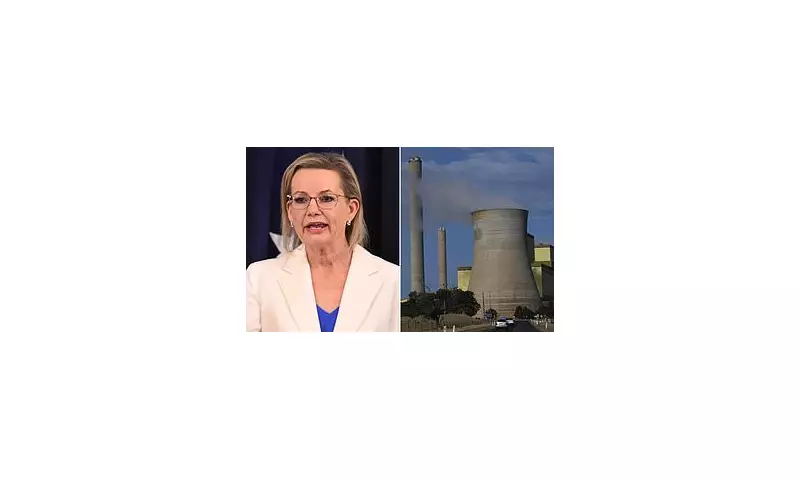
The federal Coalition has formally walked away from a net-zero emissions target, placing a significant new focus on gas supply at the heart of its revamped energy policy.
A New Direction on Emissions
Following a meeting of senior Liberal and Nationals MPs, Opposition Leader Sussan Ley announced the new strategy on Sunday in Sydney. She asserted that the Coalition remains committed to reducing carbon emissions, but not at the expense of family or business budgets.
'Our plan secures Australia's energy future by putting affordability first,' Ms Ley told reporters. 'The plan that I released today is all about affordable energy and responsible emissions reduction.'
Key Policy Pillars and Rejections
The newly endorsed plan involves a significant shift from existing government approaches. The Coalition has confirmed its opposition to interim emissions reduction targets and has rejected several key Labor policies.
These include the safeguard mechanism that places a cap on major polluters' emissions and schemes designed to boost the uptake of electric vehicles.
Instead, the central pillars of the Coalition's strategy will be to establish an east coast gas reserve, impose constraints on renewable energy projects in regional areas, and remove the long-standing ban on nuclear power.
The Economic Argument for Gas
Nationals leader David Littleproud defended the policy, stating the Coalition had settled on a 'cheaper, better, fairer way' to tackle emissions and climate change. He framed the debate not as one of science, but of economics.
In a significant move, the Coalition plans to use taxpayer funds to underwrite power generation, which would include support for coal and gas-fired power stations. The policy also advocates for the opening of new gas fields to boost supply.
Opposition energy spokesman Dan Tehan said he looked forward to promoting the plan, highlighting the 'very, very clear contrast' it created in the national energy debate.
Political Fallout and Criticism
The decision has drawn immediate criticism from the government. Foreign Minister Penny Wong, a veteran of Australia's climate policy debates, suggested the move to abandon net zero would fail to sway public opinion.
Senator Wong warned that watered-down climate targets would drive up power prices for Australians and show disrespect to Pacific nations concerned about climate change.
Prime Minister Anthony Albanese echoed these sentiments, accusing the Coalition of creating 'uncertainty' on energy and climate policy that would put increased pressure on power prices. He described the opposition as a 'rabble and clown show' on these issues.
This internal conflict over climate policy is not new for the Coalition, which has seen the Liberal Party lose inner-city seats to climate-focused independent candidates at the last two federal elections.





